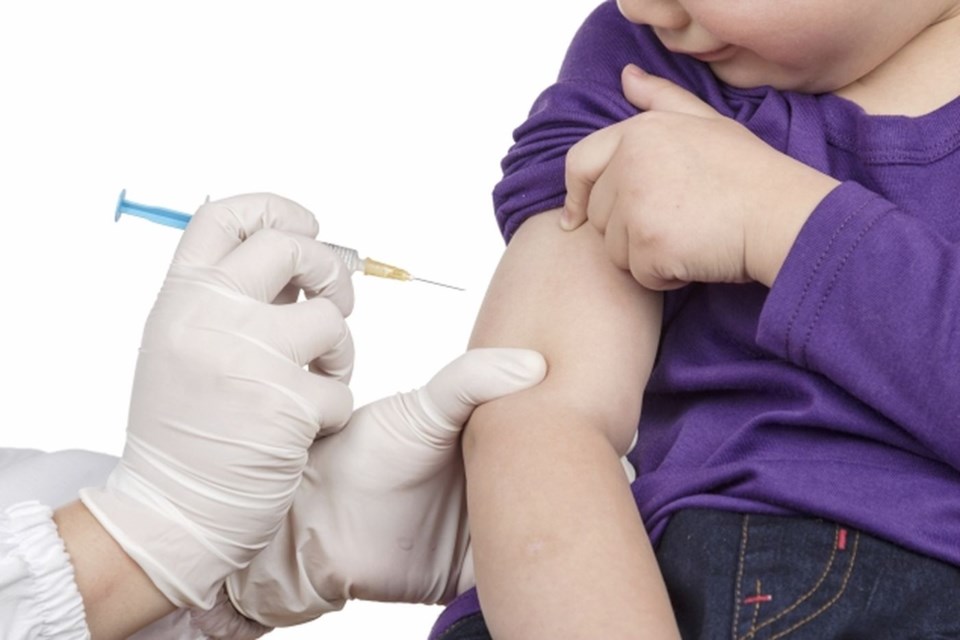Just in time for the new school year, the NYC Department of Health issued a reminder about the importance of vaccines.
Particularly for children who attend child care and school, it is important to be up-to-date with their vaccines to help prevent the spread of diseases, officials emphasized.
Vaccination not only protects the person receiving the vaccine, but also those most vulnerable including infants, young children, the elderly, and those with chronic conditions and weakened immune systems, as NYC Health Commissioner Health Commissioner Dr. Mary T. Bassett explained.
"Vaccines are among the most successful methods of preventing disease and have significantly reduced once common infectious diseases that cause sickness, hospitalizations and even death," said Bassett. "It's extremely important that all New Yorkers protect themselves against infections that can be acquired in the city or while traveling."
According to city data, within the last ten years, communities throughout New York City have experienced outbreaks of meningococcal disease, whooping cough, mumps, measles and hepatitis A, outbreaks that can be prevented with proper vaccination.
The severity of this past influenza season, in which 179 children died nationally, five of whom were in New York City, and thousands of people were hospitalized, is a reminder of how important it is to receive vaccines, stated the health department. Every year, more New Yorkers die from influenza and pneumonia than from any other infection.
Yet, despite the effectiveness and importance of vaccines, only about three-quarters of young children ages 19 months to 3 years have received all recommended vaccines. Low vaccine coverage is associated with an increased risk of transmission of vaccine-preventable diseases and outbreaks.
To combat those statistics, all children ages 6 months to 5 years attending a New York City-regulated child care or prekindergarten must have one dose of the influenza vaccine by December 31.
Additionally, the health department recommends the following vaccinations:
- Pregnant women should get the flu and Tdap vaccines to protect themselves and their newborns from influenza and other infections.
- Children are recommended to receive vaccines protecting them against diseases such as measles, mumps, chicken pox, influenza and whooping cough by 18 months. Starting at age 4 children entering Kindergarten need two doses of the MMR (measles, mumps and rubella) and chickenpox vaccines, and a DTaP and polio booster.
- Adolescents need the human papillomavirus virus (HPV) vaccine to protect against HPV-related cancers, the meningitis vaccine to protect against bacteria and viruses that cause meningitis and the Tdap vaccine to protect against tetanus, diphtheria and whooping cough.
- Adults 50 years should receive the shingles vaccine.
- Adults 65 years and older need to be vaccinated against pneumococcal disease.
To learn more about required vaccines, go here.




